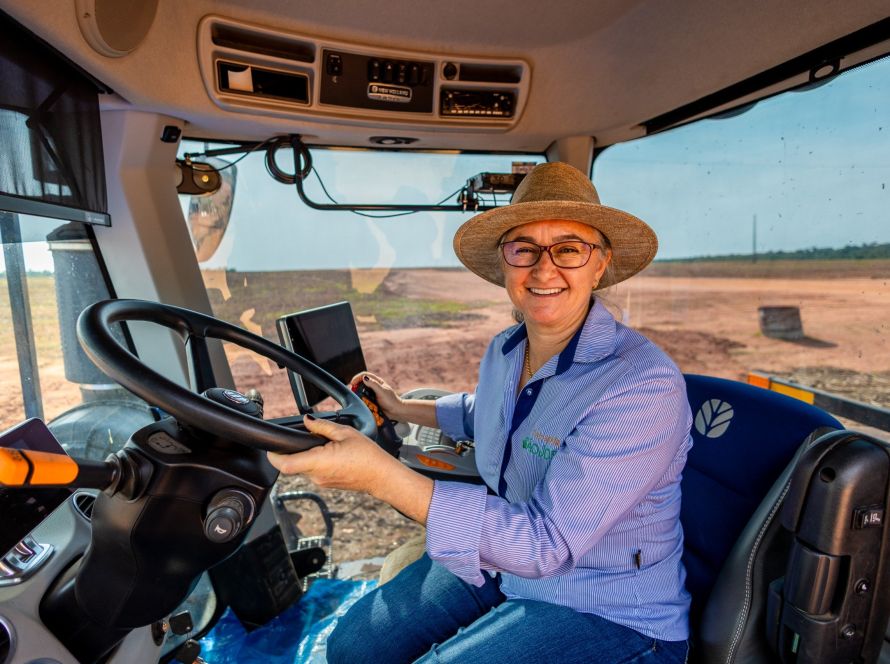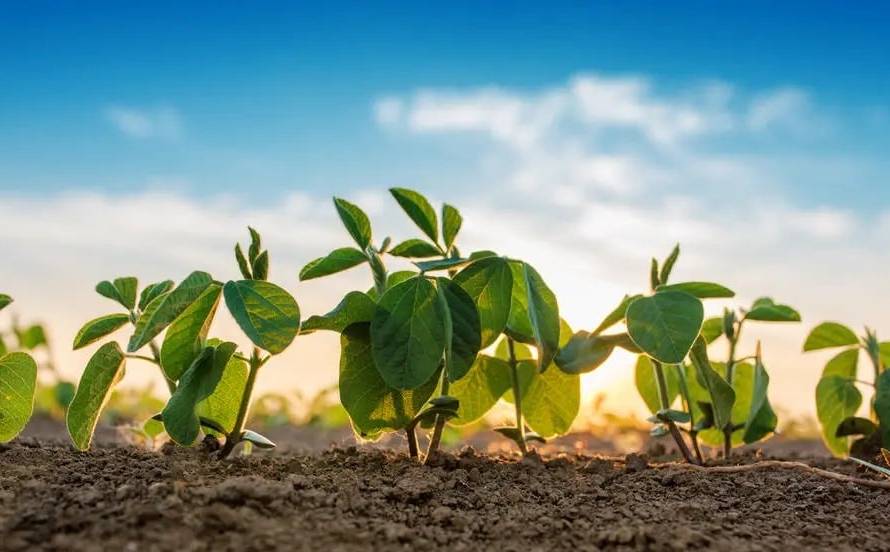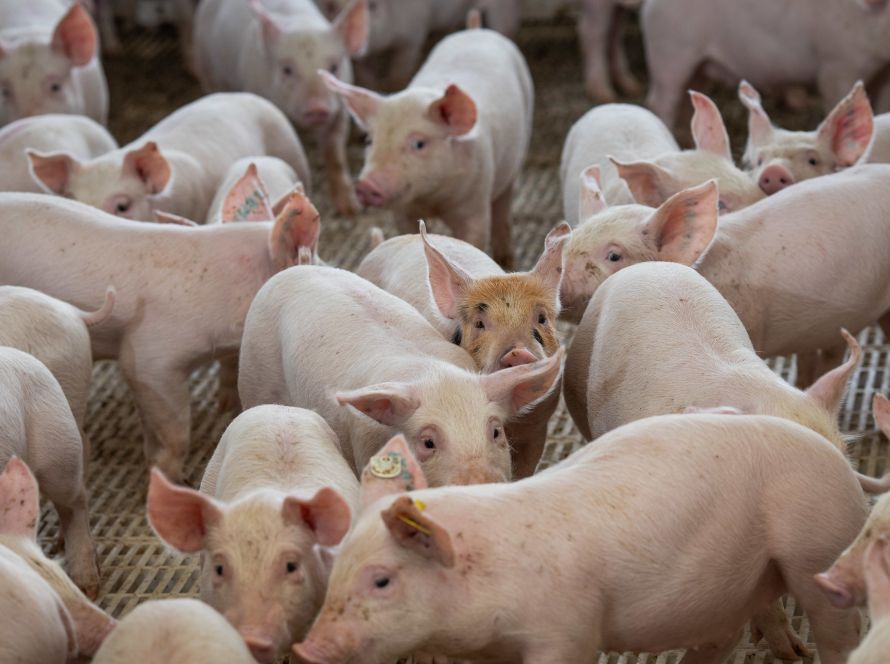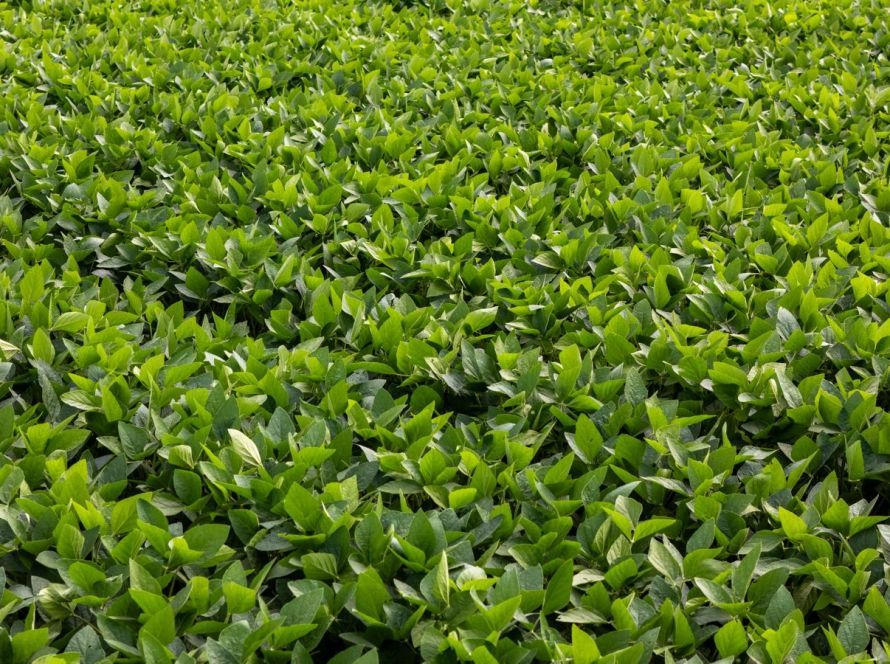The Mato Grosso Soybean and Corn Producers Association (Aprosoja MT) spoke out this Friday (18.07) about the progress of Bill 5122/2023, approved by the Chamber of Deputies on Wednesday (16.07) which authorizes the use of up to R$ 30 billion from the Social Fund, formed by pre-salt resources, to finance debts of rural producers affected by public calamities.
The proposal, which now goes to the Federal Senate, provides for special payment conditions, with reduced interest rates and extended terms. For Aprosoja MT, this represents an important step forward in supporting producers affected by extreme weather events. The organization's president, Lucas Costa Beber, highlighted the measure's relevance and congratulated the Chamber of Deputies for its approval.
"We must remember that the sector has been going through a very difficult time in recent years with the drop in commodity prices. We are also facing a serious problem with rural credit. Due to the country's fiscal imbalance, where interest rates and access to credit are very expensive, in addition to the perks that producers still have to acquire when trying to obtain credit from banks, all of this has been a significant burden, especially for small and medium-sized producers. We know that this is a palliative measure; rural credit, especially rural insurance, must be discussed so that we have something fairer and more coherent here in Brazil, to fairly address these calamities," he stated.
Despite the measure, Aprosoja MT warns that the debt situation in the countryside has already reached a critical level and that other government actions will be necessary to mitigate the impacts, as the project alone will not be enough to contain the effects of the crisis.
"Aprosoja MT continues to demand, with reason, that measures be taken to improve production conditions, since Brazil, according to data from the World Trade Organization itself, is one of the countries with the least subsidies in agriculture. While we compete with North American and European producers who are highly subsidized and have agricultural insurance that is commensurate and consistent with their income, the Brazilian producer here is left unassisted, and due to this fiscal imbalance, we have to access very expensive credit, and even more so in this period of crisis, it is practically impossible, especially for micro and small producers to continue in the activity," added the president.
The bill approved by the Chamber of Deputies provides that debts due or to be due by June 30, 2025, may be included in the special credit line, including rural credit operations, Rural Product Certificates (CPR), contracts with suppliers and cooperatives, among other modalities. Financing may have a repayment term of up to 10 years, with a grace period of up to three years, and interest rates between 3.5% and 7.5% per year, depending on the producer's profile.
The proposal also ensures that joining the program will not result in registration restrictions and will not prevent access to new lines of credit.
For Diego Bertuol, administrative director of Aprosoja MT and coordinator of the entity's Agricultural Policy Committee, the proposal could represent an important relief for rural producers, especially given a scenario that has worsened in recent years.
"The crisis in the state of Mato Grosso has been dragging on for three years and has now reached its peak. We've experienced production losses due to severe droughts, excessive rainfall, commodity prices, both soybean and corn, and also the massive increase in inputs for producers. Today, we see that fiscal uncertainty has led to unaffordable high interest rates for producers, creating economic unviability. Therefore, the securitization project offers potential relief for producers. Those producers who are having difficulty extending their contracts, whether through banks or financial cooperatives, will now have additional support, especially regarding interest rates," stated the rural producer, highlighting the participation of organizations such as Aprosoja Mato Grosso and Aprosoja Brasil in the discussions, seeking improvements for their members.
Aprosoja MT reinforces that it will continue to monitor the progress of the proposal in the Senate and will advocate that the regulation prioritize technical criteria, agility in release, and equity in access for small, medium, and large producers affected by climate events, ensuring the economic viability of agricultural activity.





